The Budget: Five questions for Scotland answered
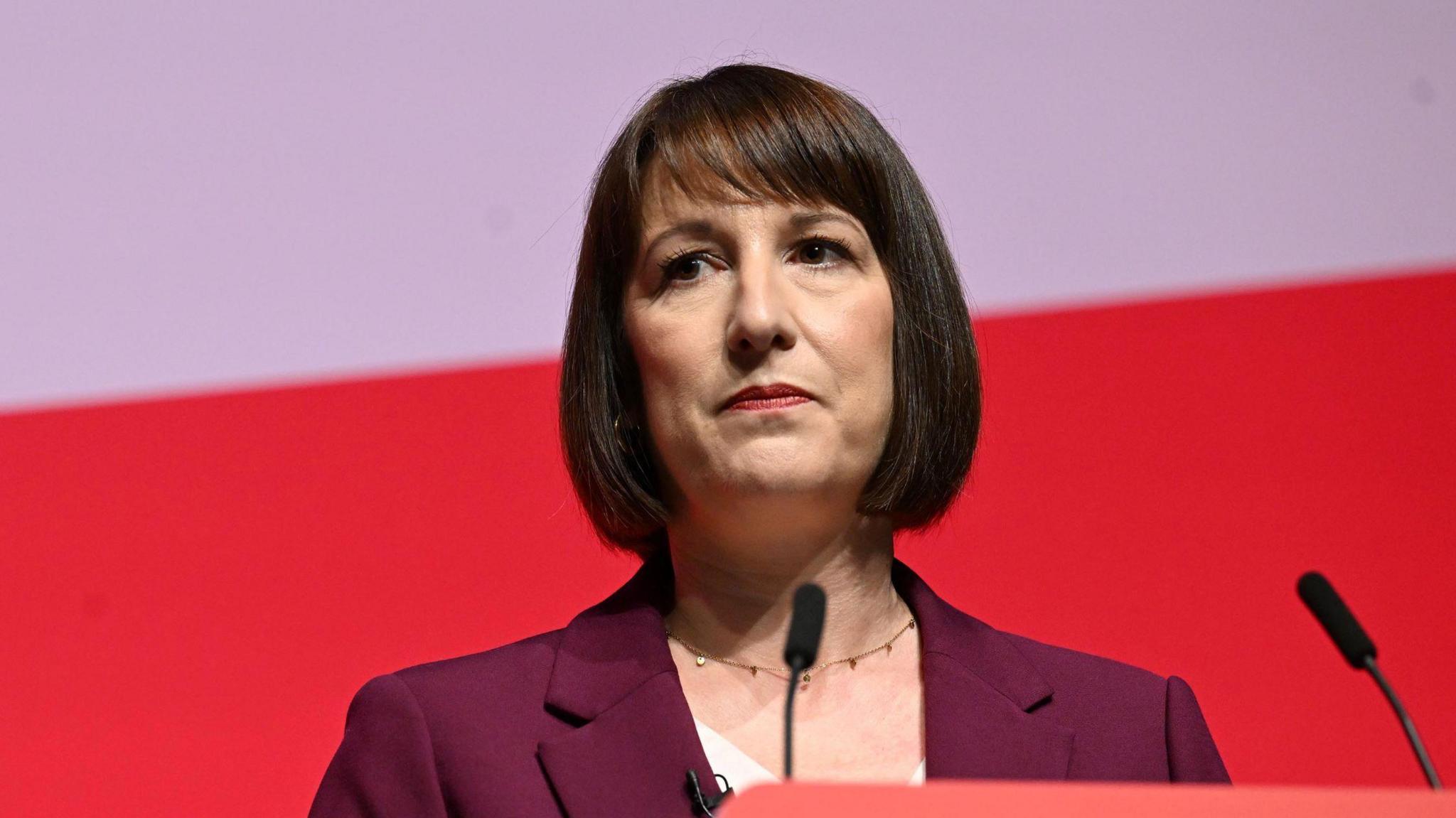
Rachel Reeves will deliver her first Budget speech on Wednesday
- Published
The UK's first female Chancellor of the Exchequer has revealed the contents of the famous red Budget briefcase.
Rachel Reeves delivered her speech after months of developing a narrative over the inheritance she received from the previous Tory government.
She has previously said the UK is £22bn adrift in this financial year but the Budget is mainly about the next one, starting in April 2025.
For that, Labour claims public services require a £40bn increase in taxation and spending.
Such claims are disputed but the chancellor is keen to state that her figures have been checked by Office for Budget Responsibility.
How will Rachel Reeves tackle the budget gaps?
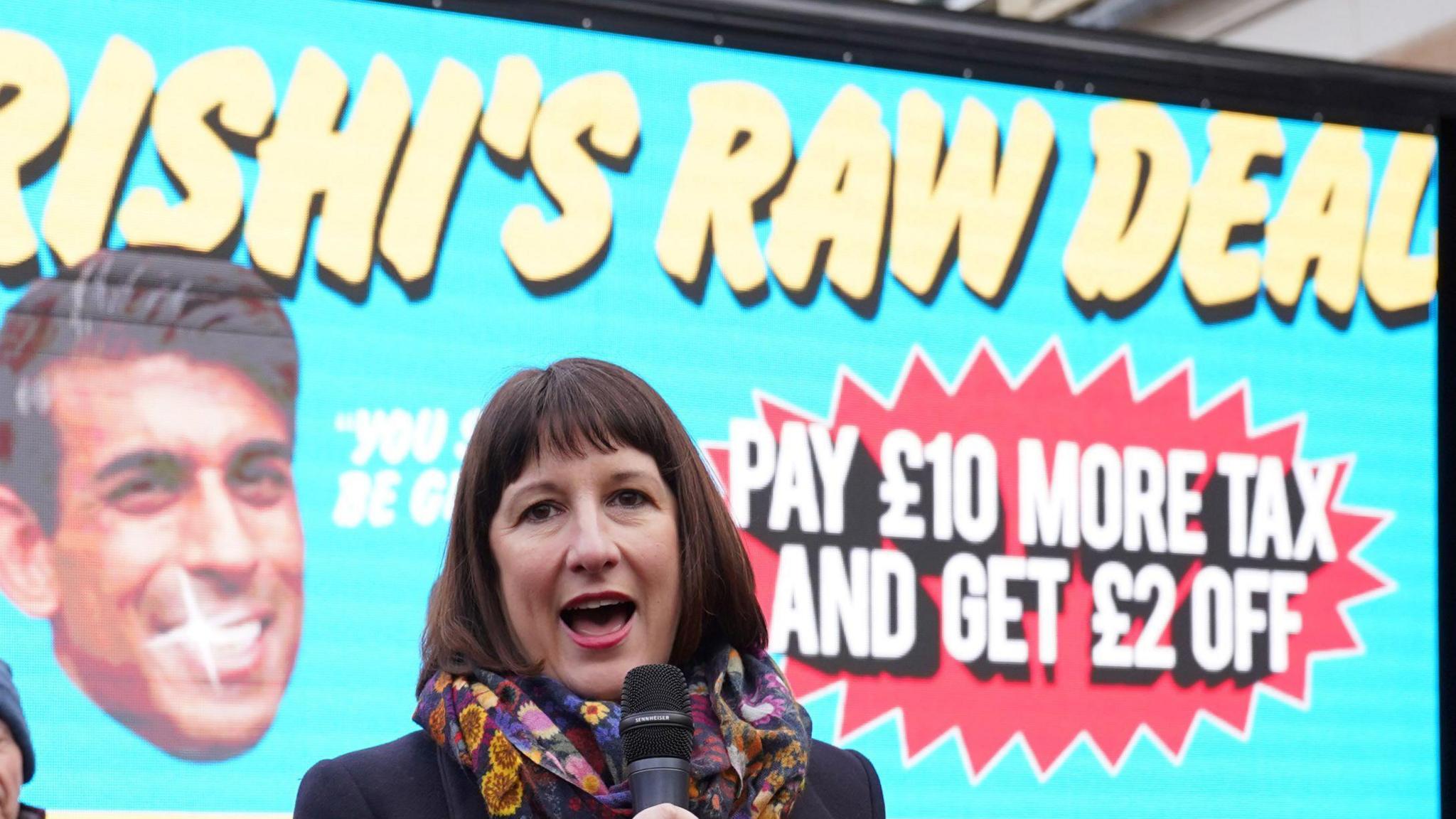
Rachel Reeves strongly criticised the then Tory government in January for reducing national insurance contributions
In its election campaign, Labour chose some tight constraints: No changes to income tax, National Insurance (for employees at least) or VAT.
In her Budget speech, the big tax grab comes from employers, who are facing a rise in the contributions they are required to make to National Insurance.
While employees have seen rates cut from 12% to 8% in two recent giveaways by Tory chancellors, employers have continued to pay 13.8% of payroll to the Treasury.
The chancellor announced this is to rise to 15% from April, compensating the Treasury to some degree for the tax giveaway for employees.
There are two big issues with that arise from the move.
Firstly, how does it help economic growth, one of Rachel Reeves' top priorities, to put a tax on jobs?
And how will employers respond - investing in the technology that could replace jobs, raising prices for customers, or squeezing pay? Some economists think pay will suffer most.
The sectors most affected are those which rely most on workers, such as hospitality, and particularly in smaller firms.
The other big issue: Will public services be compensated for that increase in payroll tax?
Scotland has a significantly higher share of public sector employees than it gets as a share of such compensation from the Treasury - 22.1% of workers, compared with 17.3% across the UK.
So with that increased employment cost, public service budgets in Scotland will go less far.
What tax changes will and won't apply in Scotland?

Changes to tax allowances for the oil and gas industry would be most keenly felt in Scotland
The National Insurance change announced by the chancellor does apply to all employers in Scotland as it is a power reserved to Westminster.
But income tax rates and thresholds for Scotland are set by the Scottish government and have already diverged from those set at Westminster - so this will remain the case.
The chancellor's plans to freeze income tax thresholds from 2028 do not affect Scottish workers.
Instead, the Scottish government will hold its own budget setting out its tax and spend plans in December.
Capital gains tax is not devolved to Holyrood so the increases announced by the chancellor will apply in Scotland.
Fuel duty, which Reeves decided to freeze, is a UK-wide measure and will apply to Scotland, as will her decision to charge VAT on private school fees.
The chancellor also confirmed a windfall tax the UK government levies on the profits made by oil and gas firms will rise, with tax on profits up from 35% to 38% from 1 November, and will remain in place a year longer than previously planned, until 2030.
The Office for Budget Responsibility forecasts that the impact of these decisions will see investment drop by 26% beyond that which was forecast in March, with both oil and gas production falling faster than previously foreseen.
North sea oil and gas firms had campaigned against the increase, and described the move as a "difficult day" for the industry.
What cuts would apply in Scotland?
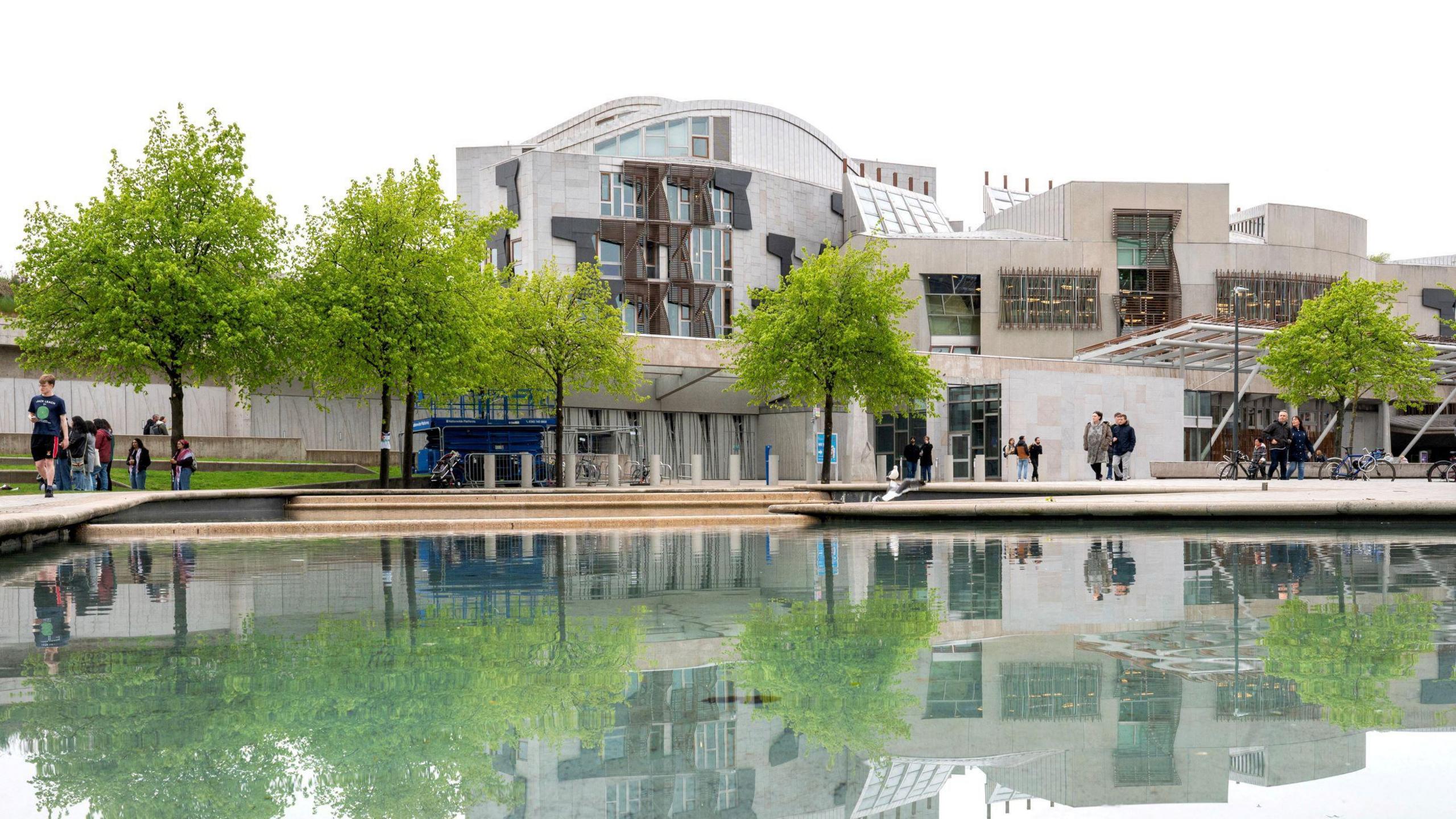
Whatever is announced on Wednesday will have repercussions at Holyrood
One Budget casualty is a rise in England's flat fare on most bus routes, from £2 to £3.
In Scotland, subsidy is paid to bus companies to provide free travel for those aged up to 21 and from 60 onwards.
The reduction in subsidy to bus operators will feed through the funding formula for the block grant from the Treasury to Holyrood.
In cases where there are changes to budgets for Whitehall departments for which powers are devolved - such as transport, justice, health and education - Scotland gets a fixed share of those changes.
Labour has inherited from Conservatives a concern that such benefit claims have been rising at an unsustainable rate.
Changes in Universal Credit and statutory sick pay would apply throughout the UK, while the Scottish government has devolved power over disability benefit. That could be used to mitigate the impact of Westminster changes - at a cost.
The budget confirmed more money for building schools and council housing in England and the NHS will also get an increase in funding.
Such increases in budget feed through to Holyrood's block grant, and MSPs are free to decide where they are allocated.
Rachel Reeves announced before the budget that she was changing the rules that constrained her on debt, allowing more borrowing for investment.
She has announced uplifts in budgets for capital spending - that is for buildings, infrastructure and government investment in key industries.
However, she also adopted a rule that day-to-day spending budgets, to run public services, must come from tax and not borrowing. That put more of a constraint on that part of the budget, though the chancellor chose to use a lot of the extra headroom that her changed rules allowed her, reducing the threat of a squeeze on day-to-day spend.
And while it may be tempting, Scotland cannot simply transfer the Treasury's capital budget allocation into the day-to-day budget.
It could, however, get the private sector to build roads, for instance, and lease them back on behalf of the public, using the day-to-day budget.
Where was the good news in this Budget?
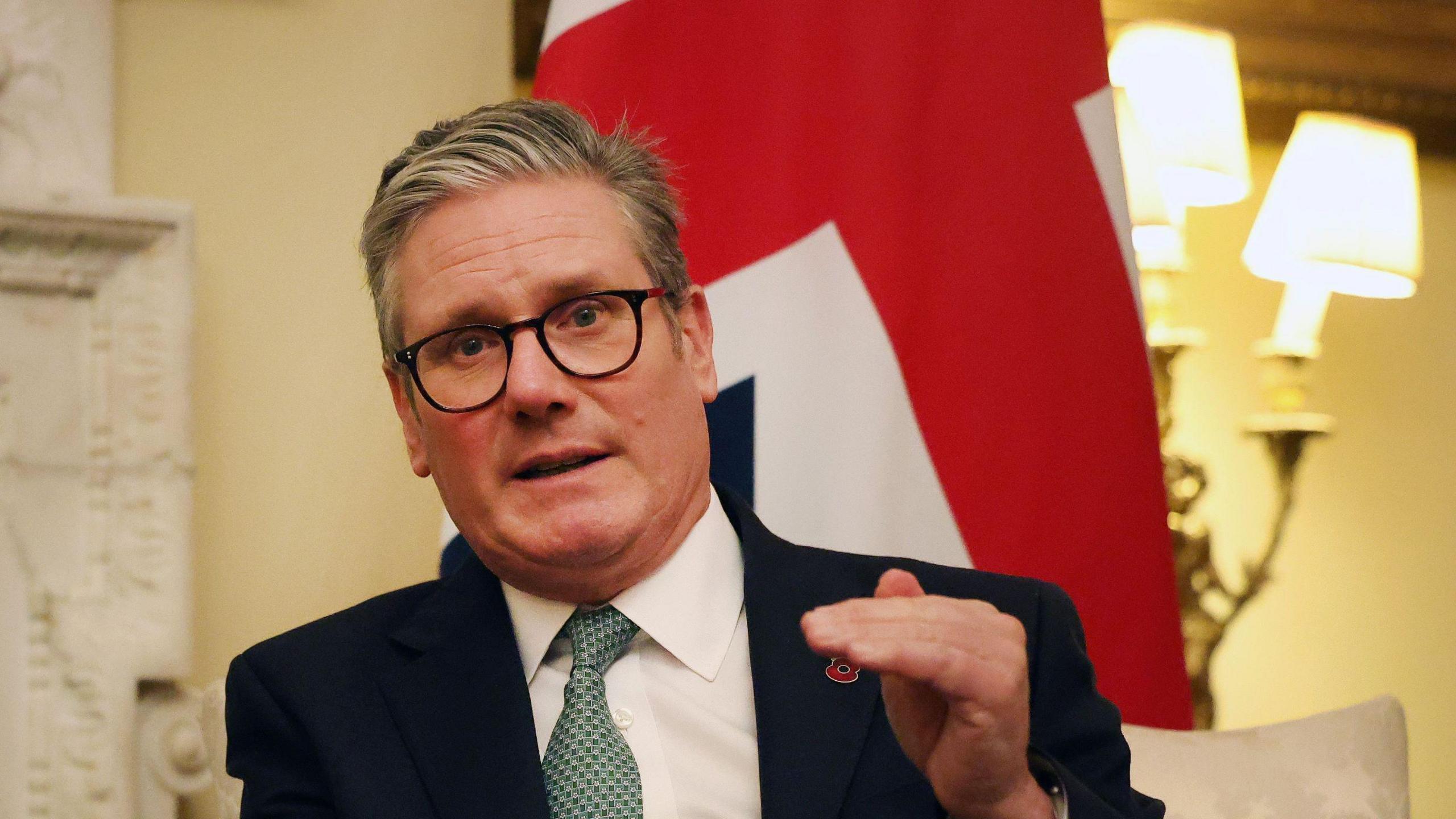
Sir Keir Starmer's government has come under pressure from some industry leaders to be more positive about the economy
Sir Keir Starmer's government has come under pressure from some industry leaders to be more positive about the economy.
He now has a different story to tell, but it’s not one that is going to endear him to employers.
The most promising growth sectors in the economy, including aerospace and hydrogen energy, get a leg up from government support.
But many businesses face a big lift in their payroll costs.
The chancellor revealed ahead of the budget that minimum wages will rise in April, with hourly rates for over-21s set to go up to £12.21 an hour.
But higher pay for some means higher costs for employers, when they are already facing higher National Insurance Contributions. And that includes some parts of government.
There are no easy, cost-free decisions in this Budget.
What next?
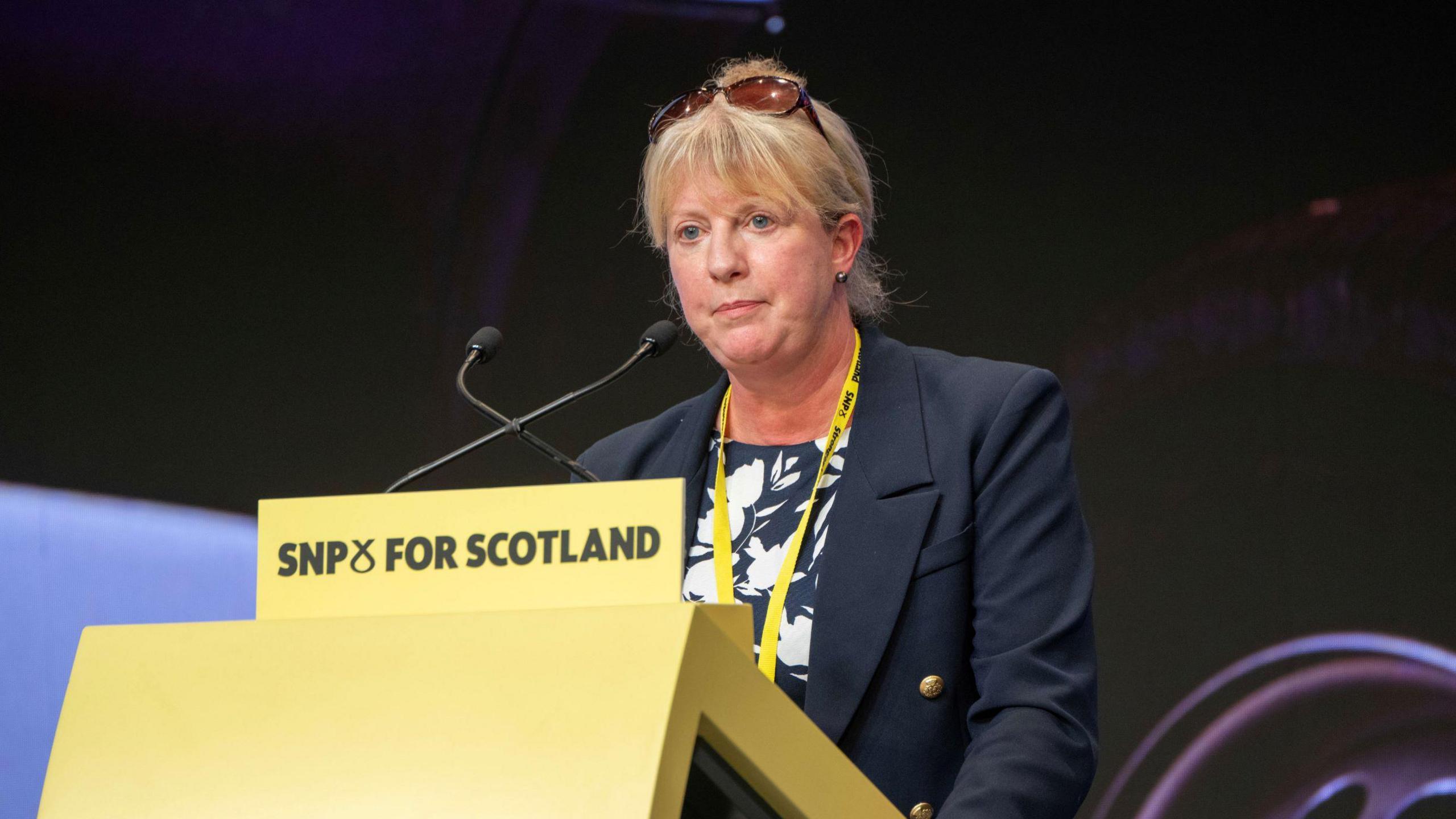
Shona Robison will present her budget statement in December
The Chancellor said the measures in her budget would mean an additional £3.4bn for the Scottish budget through the Barnett formula, which she said "must be used effectively in Scotland to deliver the public services that the people of Scotland deserve".
Shona Robison, the finance secretary at Holyrood, has until her budget statement on 4 December to allocate that and consider other sources of revenue, including Scottish income tax.
She has to put together a budget at Holyrood that can win the support of an opposition party by February 2025. If she cannot do that, there could be an early election.